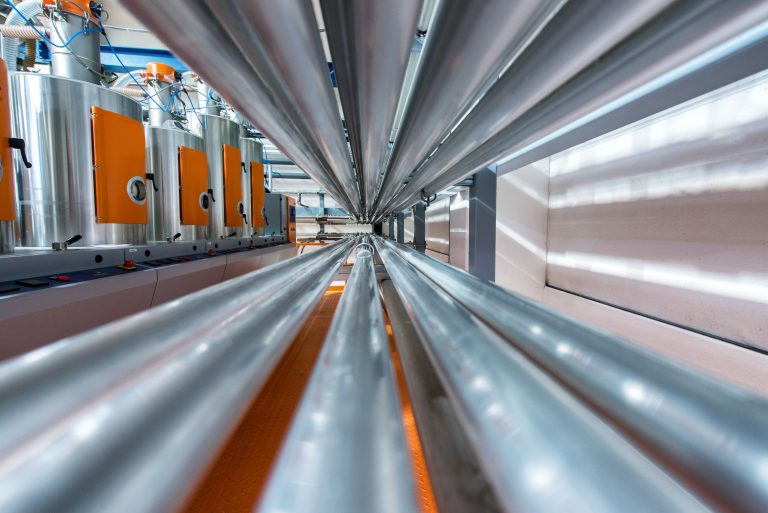As the world strives for sustainability and a greener future, a new realm of opportunities has emerged for graduates seeking a meaningful career path. The decentralised energy sector, with its focus on heat networks and the rapidly expanding green economy, offers an exciting frontier for young professionals to make a tangible impact while spearheading a growing industry.
Decentralised energy systems represent a paradigm shift in the way we generate, distribute, and consume energy. Unlike traditional centralized power plants, decentralised systems can harness energy from various renewable sources such as solar, wind, geothermal, and biomass, creating a more resilient, efficient, and environmentally friendly energy infrastructure.
At the heart of this transformation lies the concept of heat networks, also known as district heating or communal energy systems. Heat networks distribute heat produced from a central source to multiple buildings or dwellings, reducing individual carbon footprints and promoting energy efficiency on a larger scale. Although the majority in these UK still run on gas, they can also run by utilising waste heat or renewable energy sources. Heat networks contribute significantly heating and hot water supplies, which are major contributors to greenhouse gas emissions.
For graduates considering a career in decentralised energy, the opportunities are boundless. Here are several compelling reasons to explore this dynamic and evolving field:
1️⃣ Pioneering a Sustainable Future: Working in decentralised energy allows graduates to be at the forefront of the green revolution. By embracing renewable energy and heat networks, professionals in this sector actively contribute to mitigating climate change and reducing reliance on fossil fuels. ✅
2️⃣Diverse Skill Sets in Demand: The decentralised energy industry requires a wide range of skill sets, making it an inclusive and multidisciplinary field. Graduates from engineering, environmental science, urban planning, policy, finance, and communications backgrounds can all find their niche in this evolving landscape.
3️⃣ Technological Innovation: The decentralised energy sector is driven by innovation and technological advancements. Graduates have the opportunity to work with cutting-edge technologies such as smart grids, energy storage systems, and digital platforms that optimise energy generation, distribution, and consumption.
4️⃣ Collaboration and Networking: The decentralised energy industry thrives on collaboration between stakeholders, including energy providers, local authorities, developers, and community organisation’s. This collaborative nature fosters networking opportunities and allows graduates to build relationships with diverse professionals invested in sustainable energy solutions.
5️⃣ Job Growth and Security: With governments worldwide prioritising renewable energy targets, the decentralised energy sector is experiencing rapid growth. This growth translates into a wealth of job opportunities and long-term job security for graduates seeking stability and a chance to make a lasting impact.
🤔To embark on a career in decentralised energy, graduates can consider various roles such as renewable energy project managers, energy consultants, district heating engineers, policy analysts, sustainability coordinators, and community engagement specialists.
📜Advanced degrees and certifications in renewable energy, energy management, and sustainability can further enhance career prospects and open doors to leadership positions.
In conclusion, the decentralised energy sector, with its focus on heat networks and the green economy, offers exciting and meaningful opportunities.




